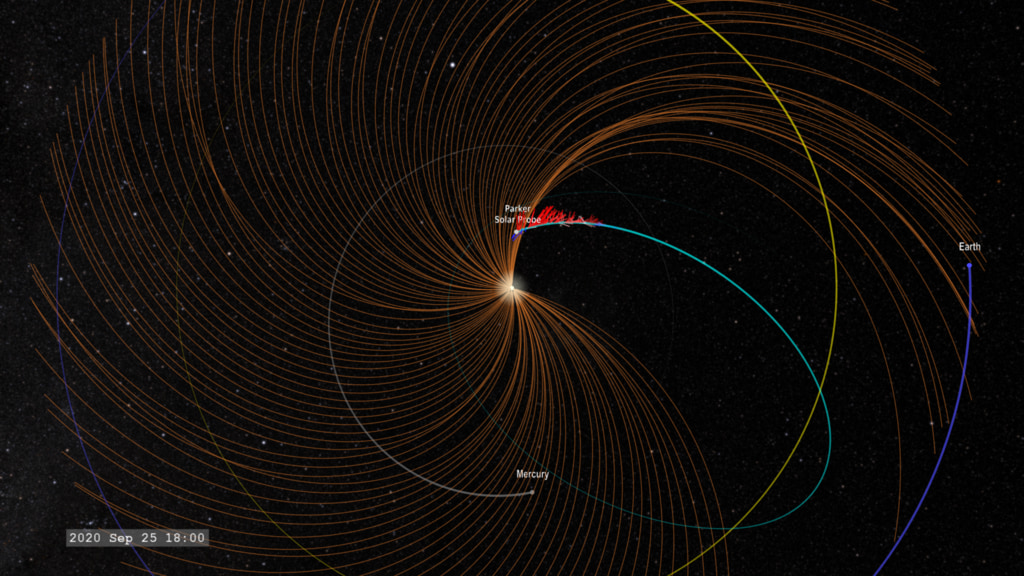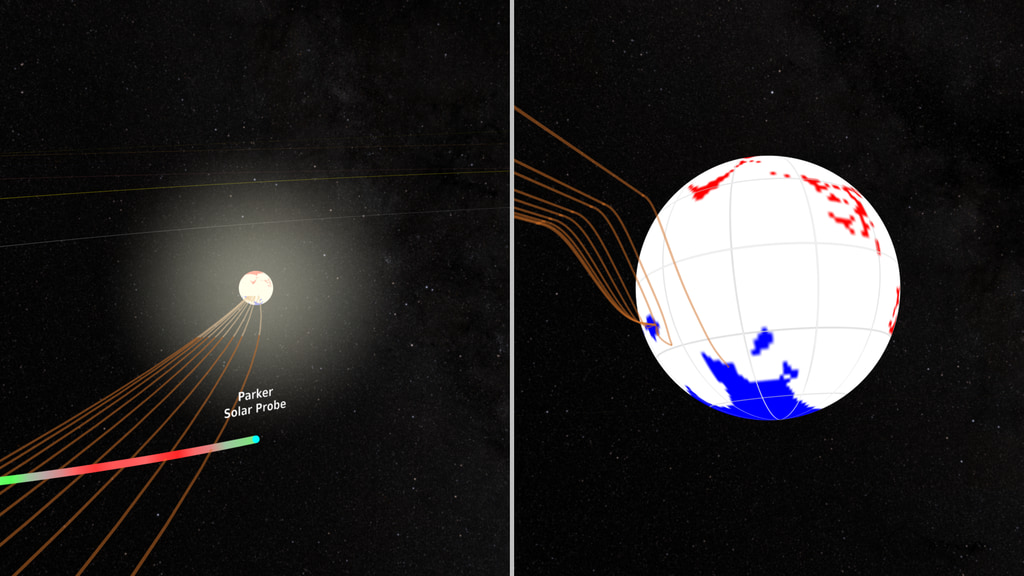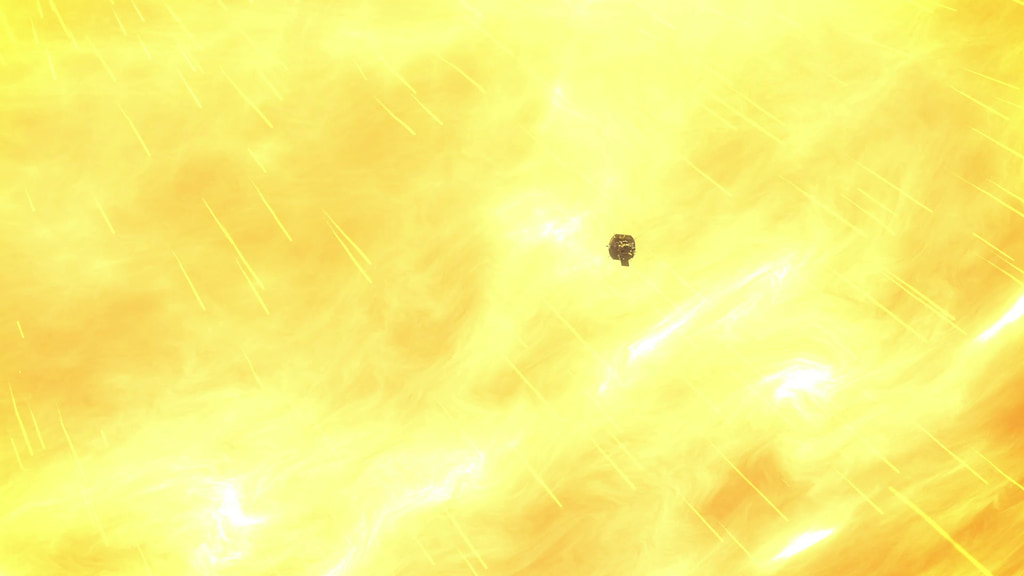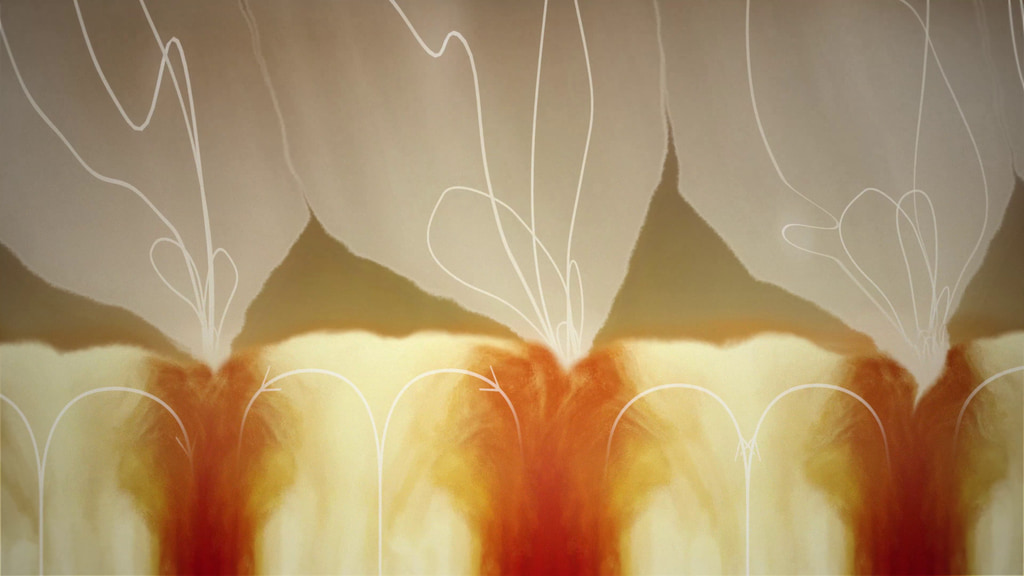Animation: NASA's Parker Solar Probe Enters Solar Atmosphere
For the first time in history, a spacecraft has touched the Sun. NASA’s Parker Solar Probe has now flown through the Sun’s upper atmosphere – the corona – and sampled particles and magnetic fields there.
The new milestone marks one major step for Parker Solar Probe and one giant leap for solar science. Just as landing on the Moon allowed scientists to understand how it was formed, touching the very stuff the Sun is made of will help scientists uncover critical information about our closest star and its influence on the solar system.
On April 28, 2021, during its eighth flyby of the Sun, Parker Solar Probe encountered the specific magnetic and particle conditions at 18.8 solar radii (8.127 million miles) above the solar surface that told scientists it had crossed the Alfvén critical surface for the first time and finally entered the solar atmosphere.
More information here.
Parker Solar Probe has now “touched the Sun”, passing through the Sun’s outer atmosphere, the corona for the first time in April 2021. The boundary that marks the edge of the corona is the Alfvén critical surface. Inside that surface (circle at left), plasma is connected to the Sun by waves that travel back and forth to the surface. Beyond it (circle at right), the Sun’s magnetic fields and gravity are too weak to contain the plasma and it becomes the solar wind, racing across the solar system so fast that waves within the wind cannot ever travel fast enough to make it back to the Sun.
Credit: NASA/Johns Hopkins APL/Ben Smith

STILL IMAGE
Parker Solar Probe has now “touched the Sun”, passing through the Sun’s outer atmosphere, the corona for the first time in April 2021.
Credit: NASA/Johns Hopkins APL/Ben Smith

STILL IMAGE
This conceptual image shows Parker Solar Probe about to enter the solar corona.
Credit: NASA/Johns Hopkins APL/Ben Smith

STILL IMAGE
This conceptual image shows Parker Solar Probe about to enter the solar corona.
Credit: NASA/Johns Hopkins APL/Ben Smith
For More Information
Credits
Please give credit for this item to:
NASA's Goddard Space Flight Center
-
Animator
- Ben Smith (Johns Hopkins APL)
-
Producers
- Joy Ng (KBR Wyle Services, LLC)
- Michael Buckley (Johns Hopkins Applied Physics Laboratory)
Release date
This page was originally published on Tuesday, December 14, 2021.
This page was last updated on Wednesday, May 3, 2023 at 1:43 PM EDT.





